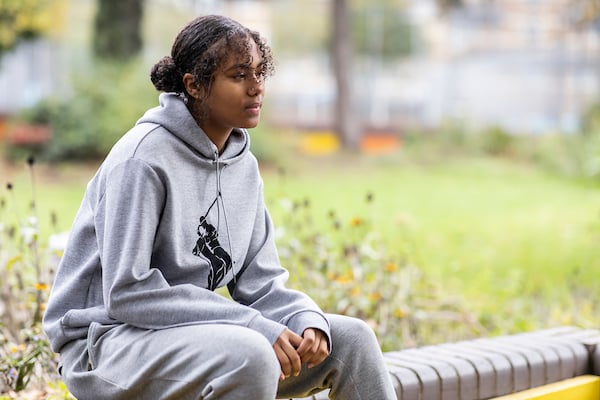Measles

Measles outbreaks were a problem of the past but now they’ve come back to ruin your festival experience – or any other situation where you’re within sneezing distance of another young person. But what are the symptoms? And how do you catch measles?
We look at how you can protect yourself and why measles is still an issue now.
What is measles?
Measles is an extremely infectious viral illness. For many people the symptoms are just a bit unpleasant, but occasionally measles can lead to serious, life threatening complications.
How do you catch measles?
Measles is a highly contagious disease, and anyone who hasn’t been fully vaccinated against it with two shots of the measles, mumps and rubella (MMR) vaccine is vulnerable.
Measles spreads through coughing and sneezing. The virus lives in the air and on surfaces for up to two hours (such as when an infected person coughs or sneezes on something) – hence why festivals and other gatherings are prime grounds for contagion.
How do I know I have measles?
If you catch measles your symptoms will develop about 10 days after you’re infected and they’ll hang around for 7-10 days. They can include:
- Cold-like symptoms such as a runny nose, sneezing, aches or a cough.
- Sore eyes that are sensitive to the light.
- A high temperature fever around 40C (105F).
- Loss of appetite.
- Lack of energy.
- Small greyish-white spots on the sides of the cheeks.
- A rash made up of small reddish-brown spots that may join up to form larger patches.
- You can find out about the more serious side effects on the NHS Choices website.
I’ve got festival tickets and think I have measles – what should I do?
If you think you have measles, or if you were recently around someone who has measles, and you haven’t been vaccinated then you should call NHS 111 or your doctor first before going into the surgery. This will prevent measles spreading to other people.
If in doubt, don’t go. The measles virus can cause life-threatening complications and it’s not fair to expose others. Plus, you should rest up.
If you’re worried about getting measles, call your GP and ask for the MMR jab. You can get it at any age if you weren’t vaccinated as a baby.
Why is this still an issue if we have a measles vaccine?
Good question. Before the widespread availability of the MMR vaccine the threat of measles was almost inevitable for young people making the likelihood of experiencing fatal complications even higher.
The success of the vaccine meant that measles outbreaks were almost a thing of the past until the late 90s when parents across the country stopped getting their children vaccinated with the MMR vaccine because of a report that linked it to autism.
There’s no proven link between autism and the MMR vaccine but the effects of the report are still hanging around. The number of measles outbreaks has risen recently as young people who weren’t vaccinated before are now catching the illness.
How is measles treated?
If you’re currently stuck in bed with measles, to relieve your symptoms and reduce the risk of spreading infection you can:
- Get lots of rest and stay off school, uni or work for at least four days after a rash first appears.
- Dim the lights and close the curtains. This will make it easier for your very light sensitive eyes.
- Gently wipe your eyes with damp cotton wool if they are sore.
- Take paracetamol or ibuprofen to relieve your symptoms.
- Stay hydrated and drink plenty of water.
If you experience shortness of breath, coughing up blood, drowsiness, fits, confusion or sharp chest pain, there could be a more serious problem. Call 999 or go to A&E for immediate medical advice.
How to protect yourself from measles in crowds and festivals
On your usual festival worry list, ‘will I catch measles?’ isn’t usually as high as ‘how do I keep clean in this sea of mud?’ or ‘how long can I avoid using the toilets of the damned before I burst?’
Along with wellies, a sleeping bag and plenty of wet wipes make sure you pop ‘speaking to your doctor about getting an MMR vaccine’ on your festival to-do list.
Washing your hands regularly helps avoid infection, and if you can avoid swapping mucus or snot with your fellow festival goers, that’ll help too.
I’m freaking out. I don’t want to get measles!
At Glastonbury in 2016 just 16 cases were reported, suggesting the risk of infection is fairly low. And even if you do get it, the likelihood is that you’ll feel rubbish and be all spotty for a while – and then totally recover.
Worried about other illnesses or body problems? Check out the rest of our resources here.
Next Steps
- You can visit NHS Choices for more information. You can get quick advice when it's not an emergency on 111.
- Chat about this subject on our Discussion Boards.
By Ally Thomas
Updated on 15-Sep-2022
No featured article










